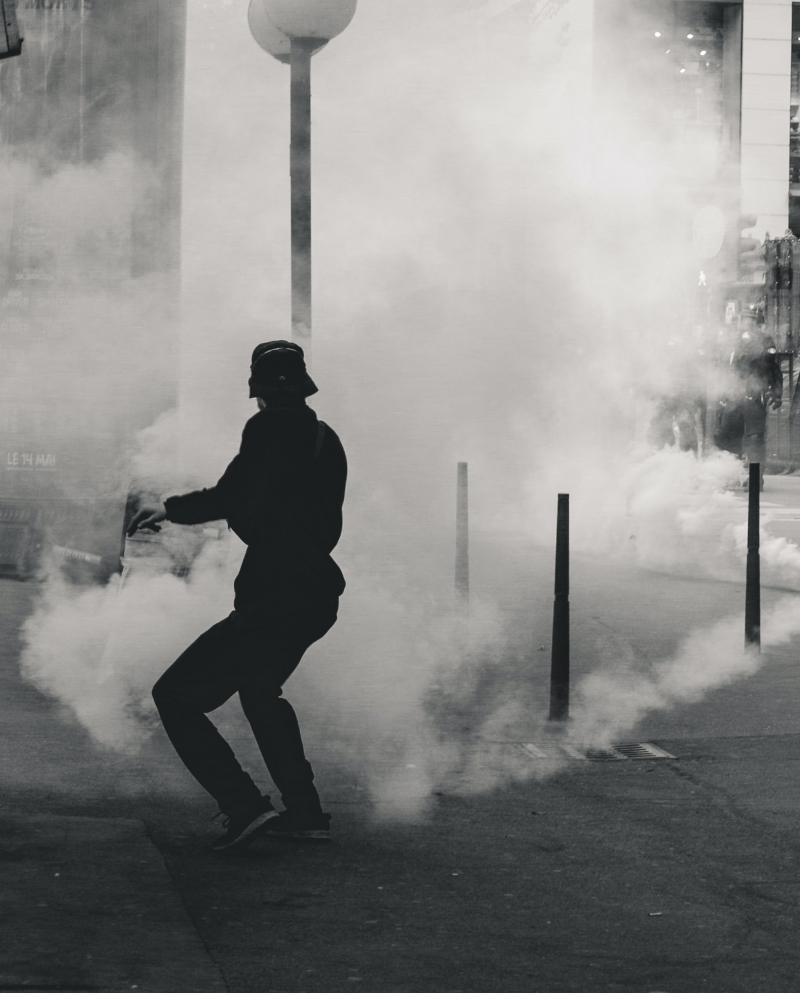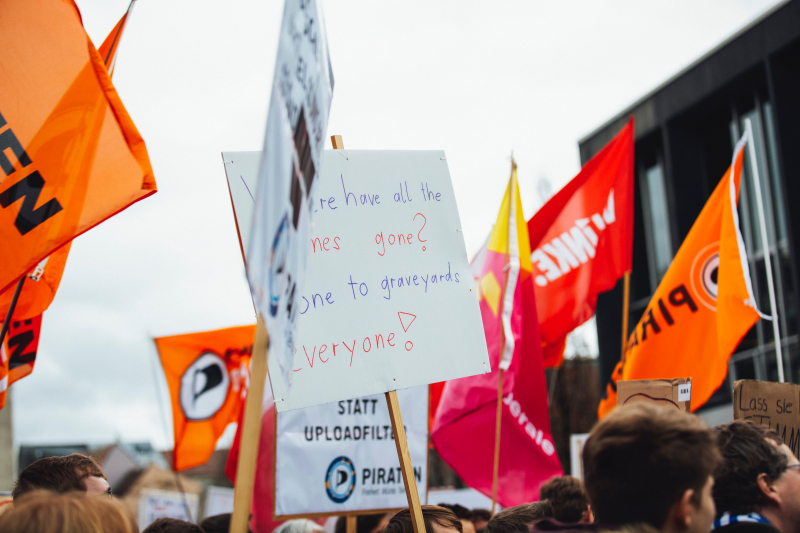Political turmoil
Over the past two centuries, Ireland's population has decreased vastly due to political turmoil. From a population of over 8 million in the early 1800s, it now stands at only 4.9 million people. This steep population decline is due to several factors, including emigration, famine, and political unrest.
In the mid-1800s, Ireland suffered from extreme poverty and famine caused by a potato blight that destroyed the country's main food source. This resulted in mass emigration, with an estimated 1.5 million people leaving Ireland between 1845 and 1850. Many people who left Ireland during this time settled in the United States, where they could find better opportunities.
Political unrest has also been a major contributor to Ireland's population decline. During the Easter Rising of 1916, the Irish Republican Army (IRA) attempted to overthrow British rule in Ireland. Although the uprising was unsuccessful, it ultimately led to the Anglo-Irish War of 1919-1921, in which the British army fought against Irish nationalists. This conflict resulted in thousands of deaths and further emigration and displacement of people.
More recently, the Troubles in Northern Ireland led to increased sectarian violence in the region. The Troubles began in the late 1960s and lasted until the late 1990s, resulting in thousands of casualties and an exodus of people from the region. The conflict also led to economic hardship and poverty, which further discouraged people from remaining in Ireland.










